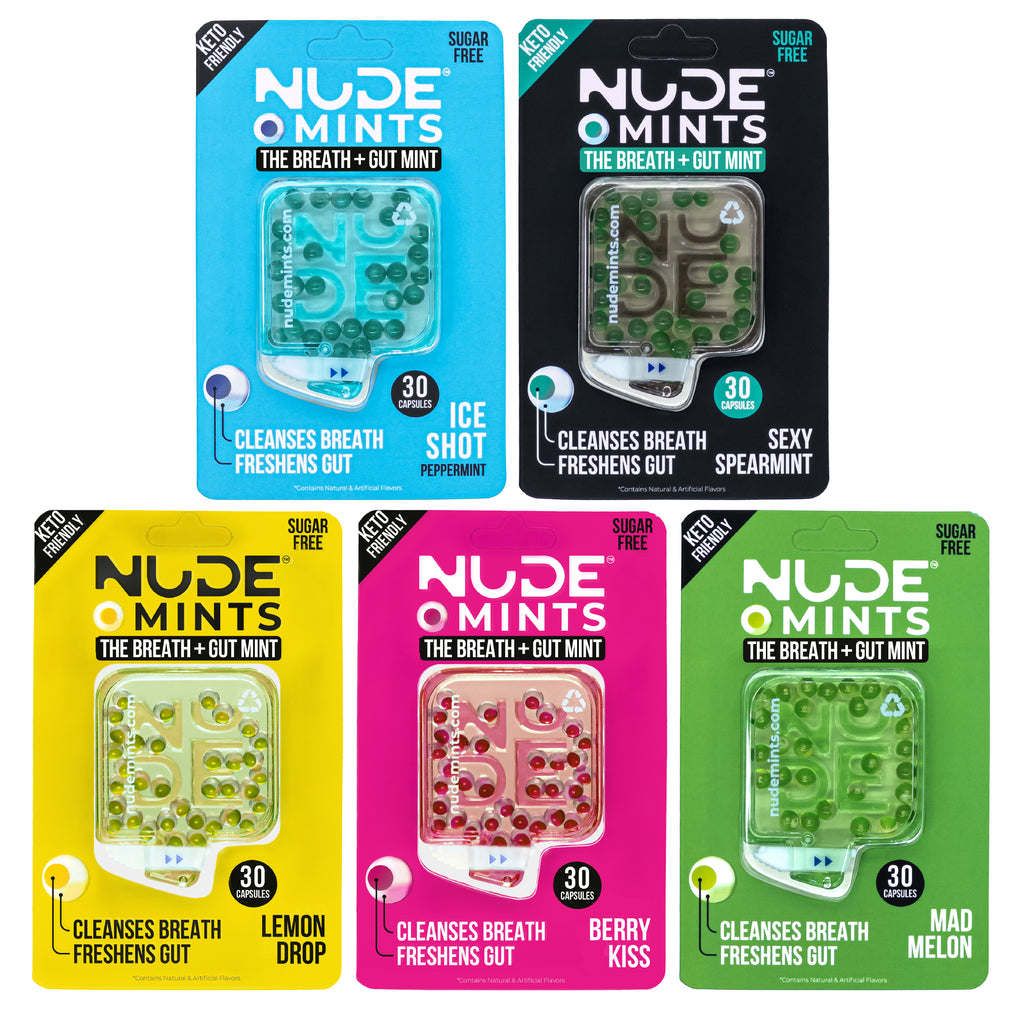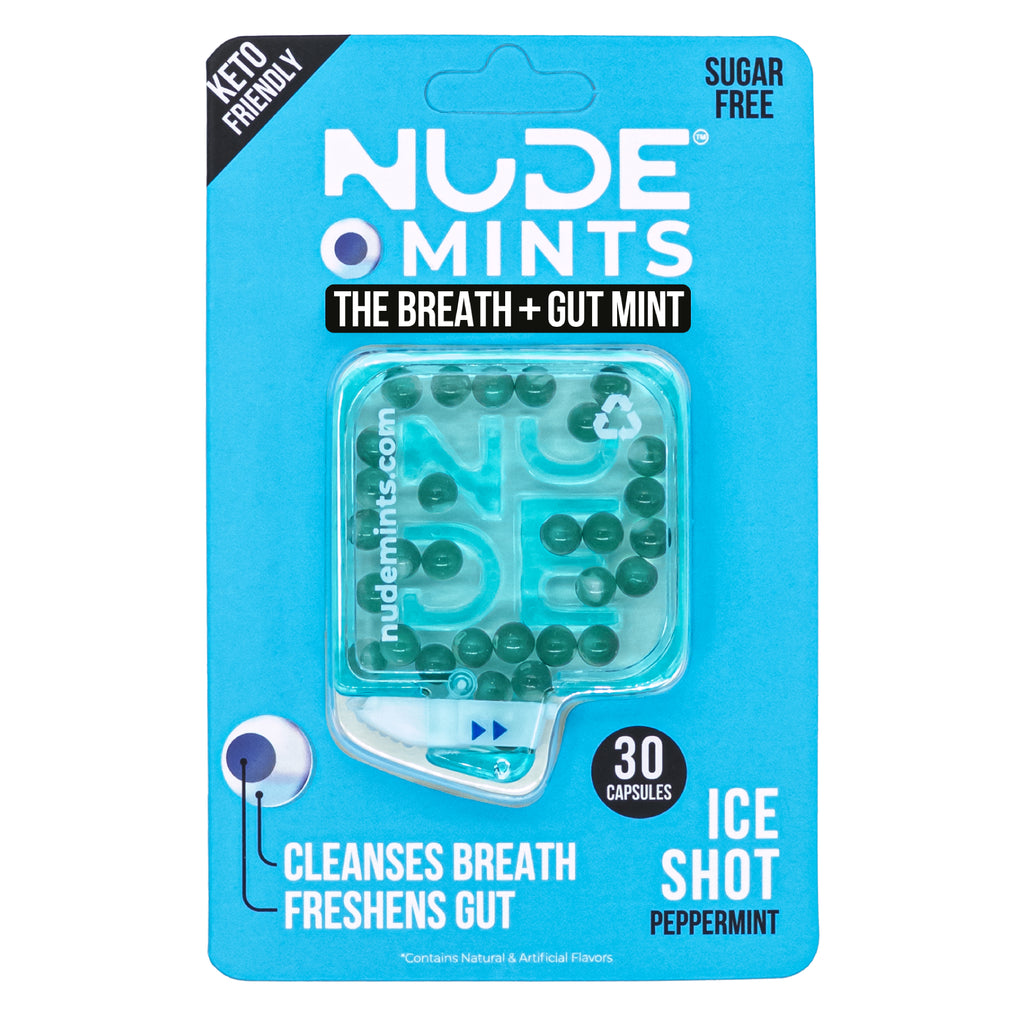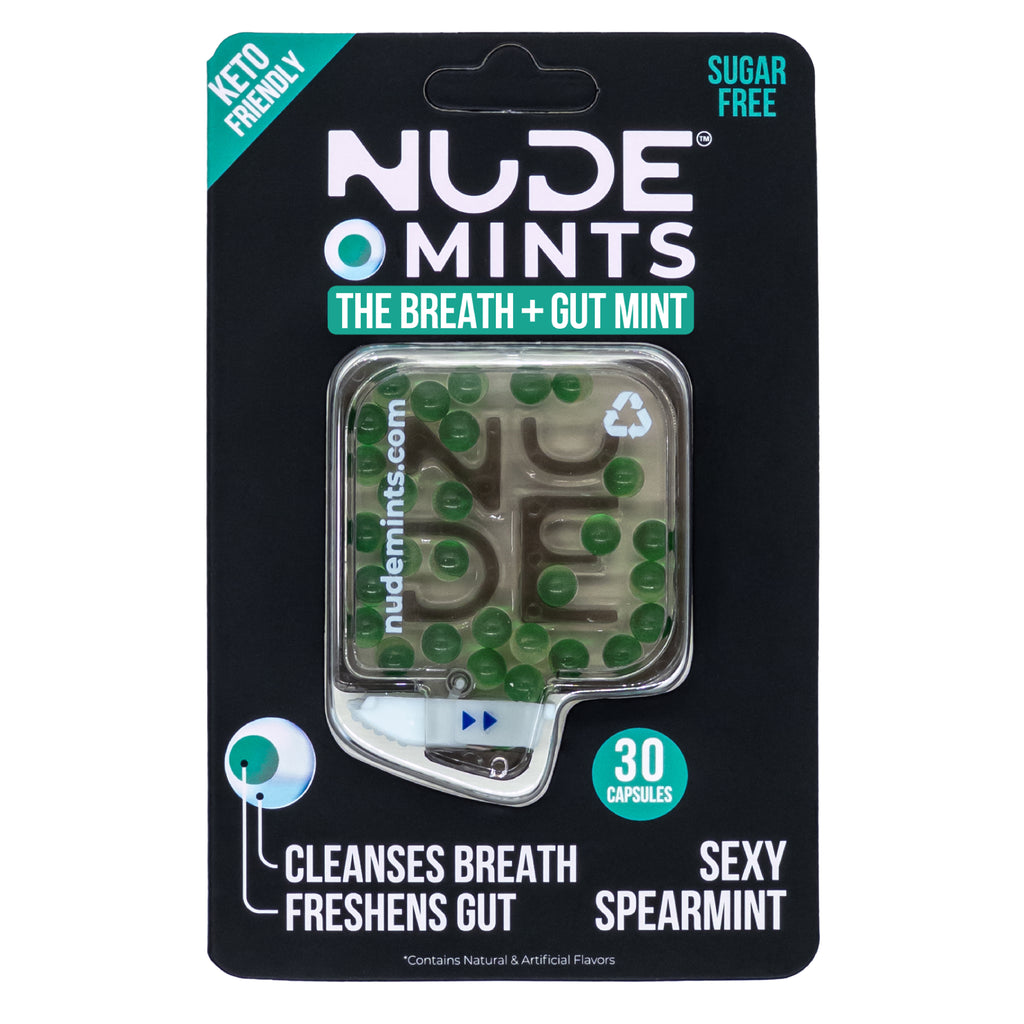6 Methods to Stop Dry Socket
-
What’s dry socket?
When you might have a tooth eliminated, you develop a blood clot over the removing web site to guard and heal your underlying bone and nerve endings. This clot ought to keep in place till your gums have healed and your mouth is again to regular.
Generally, the clot can grow to be dislodged. If that occurs, you’ll expertise the painful complication often known as a dry socket or alveolar osteitis. Dry socket is uncomfortable and delays therapeutic. It’s vital to attempt to keep away from it.
Indicators of dry socket
Regular discomfort following tooth removing surgical procedure can include swelling and soreness. It needs to be manageable with over-the-counter painkillers and be completely gone three days after surgical procedure.
In case your ache will get worse, you may have dry socket. Since dry socket exposes bone and nerve tissue, the ache could also be searing or cold-like nerve ache.
Signs of dry socket which include:
- Bad breath or foul odor in your mouth
- An ache that radiates from the socket into the remainder of your face and head
- Seen bone within the socket
- Intense ache a number of days after surgical procedure
- Visibly empty socket with lacking or partially lacking blood clot
6 suggestions for stopping dry socket
The blood clot that kinds after a tooth removing protects bone and nerve tissue. It additionally helps your gums heal so that you need it to remain in place till you’ve healed after surgical procedure.
Dry socket normally happens as a result of one thing strikes or dissolves the blood clot from the socket. Generally, dry socket happens whenever you by no means develop the blood clot, to start with.
Listed below are a number of methods you may stop dry socket:
1. Keep away from straws
The suction motion of air and cheek muscle tissues, whenever you use a straw, could dislodge your blood clot. It’s best to keep away from utilizing straws for one week after your extraction.
2. Keep away from smoking and tobacco
Individuals who smoke and use tobacco are at a lot larger danger of creating dry socket after tooth extraction. One research discovered that dry socket occurred in 12 % of people that smoked after tooth extraction. By comparability, solely four percent of those that don’t smoke had developed dry socket.
The quick inhalation of smoking can dislodge your blood clot. This is applicable to smoking something in any respect, not simply cigarettes. That’s as a result of chemical compounds in different tobacco merchandise that could stop therapeutic and trigger an infection.
Cut back your tobacco consumption for a pair weeks main as much as a deliberate surgical procedure. If you happen to need assistance avoiding tobacco whilst you recuperate, or if you happen to like to make use of your dental surgical procedure as a strategy to kick-start a smoking cessation program. Your dentist may additionally be capable to present sources or provide help to develop a plan to stop smoking.
If you are not thinking about quitting tobacco use, the next suggestions could assist cut back your danger of dry socket:
- Wait at least 48 hours after your surgical procedure earlier than smoking. Once you resume smoking, inhale very gently.
- Hold gauze in place over your socket whereas smoking.
- Keep away from nicotine gum or chewing tobacco.
- Once you’d usually smoke, distract your self with a brand new behavior.
- Swap to a nicotine patch.
- Ask your dentist for stitches in your surgical procedure site.
If you happen to plan to renew tobacco use after your surgical procedure, ask your dentist or oral surgeon whenever you’re allowed to begin.
3. Tender food
The primary day after your surgical procedure, eat solely comfortable meals like applesauce, yogurt, and mashed potatoes. On the second day, you may try barely heartier meals however it’s best to return to comfortable meals if you happen to expertise any ache.
Keep away from soup, which could trigger sucking which will dislodge the blood clot. Additionally keep away from nuts, seeds, crunchy meals similar to chips, and sticky meals which may get caught in your socket.
4. Ask about remedy interactions
Some research presents a hyperlink between the dry socket and oral contraceptives. Ask your dentist if you are in danger. Different drugs could stop the correct blood clots from forming.
5. Correct oral hygiene
Protecting your mouth clear is among the most vital methods you may stop dry socket. Oral hygiene helps stop germs and infection from breaking down the blood clot.
Ask your dentist the way to brush your teeth following a surgical procedure. They may recommend you merely rinse your mouth the primary day after which brush very gently the second day.
It’s doable chances are you’ll be prescribed an antibacterial mouthwash to make use of after surgical procedure. Use gauze pads solely as directed by your physician.
Caring for the tooth extraction site
Observe your physician’s directions on correct oral care after surgical procedure with a view to enhance your restoration. Most individuals really feel rather a lot higher three days after surgical procedure and completely healed inside every week.
Ideas for tooth extraction aftercare which include:
- Brush teeth very gently.
- Drink loads of fluids.
- Hold your mouth clear with a saltwater rinse a number of occasions a day.
- Keep away from food, drinks, and actions that threaten your blood clot.
- Relaxation from strenuous work so long as doable.
- Deal with swelling externally by holding an ice pack to your cheek.
What must you do if you happen to suspect you might have dry socket?
If you happen to suspect you might have dry socket or expertise intense ache after oral surgical procedure, name your dentist instantly. Even after workplace hours, many docs have a service that may web page an on-call dentist.
Dry socket is treatable. Your physician could rinse out the socket, apply the remedy, and prescribe painkillers. After seeing your physician, it’s best to really feel higher virtually immediately and proceed to enhance over the following few days.
You possibly can resume regular actions once your mouth and dry socket have fully healed. Therapeutic occasions differ tremendously however most individuals really feel recovered after one week.
Grab a Pack of NUDE Mints
If you’re scared of your breath feeling a little stinky because of dry socket, just pop a NUDE mints in your mouth. Developed with novel technology from Japan, you get instant fresh breath, a clean gut, and a boost in confidence. Buy a pack of NUDE mints available in Ice Shot, Berry Kiss, Citrus Squeeze, Lemon Drop and Mad Melon.
Get the freshest news on your favorite mouth cleanser and gut freshener!
Read More
-
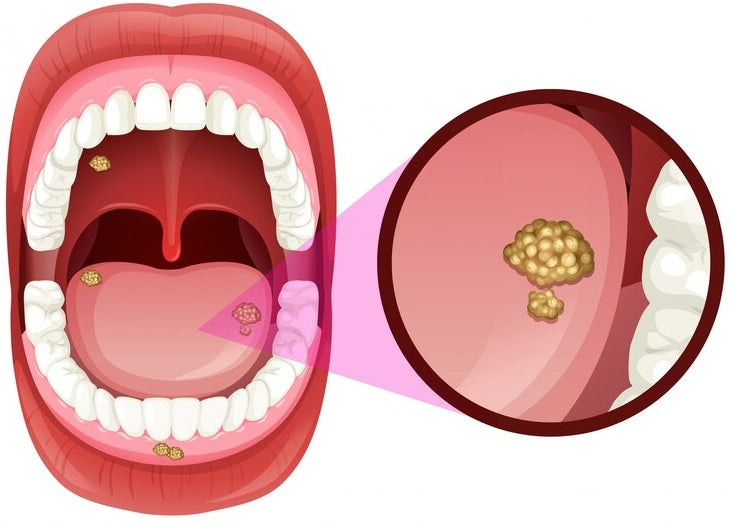
Halitosis: Understanding the Causes, Diagnosis, and Treatment for Fresh Breath
Halitosis, commonly known as bad breath, is a condition that affects a large number of people worldwide. It can be an embarrassing and isolating experience, but it is important to know that it is a common problem and that there are effective treatments available. In this article, we will discuss the causes, diagnosis, and treatment of halitosis. Causes of Halitosis Halitosis can have several causes, both internal and external. The most common causes include poor oral hygiene, dry mouth, certain foods and drinks, smoking, and certain medical conditions. Poor Oral Hygiene Poor oral hygiene is the most common cause of halitosis. When food particles and bacteria build up in the mouth, they can cause an unpleasant odor. Brushing and flossing...
-
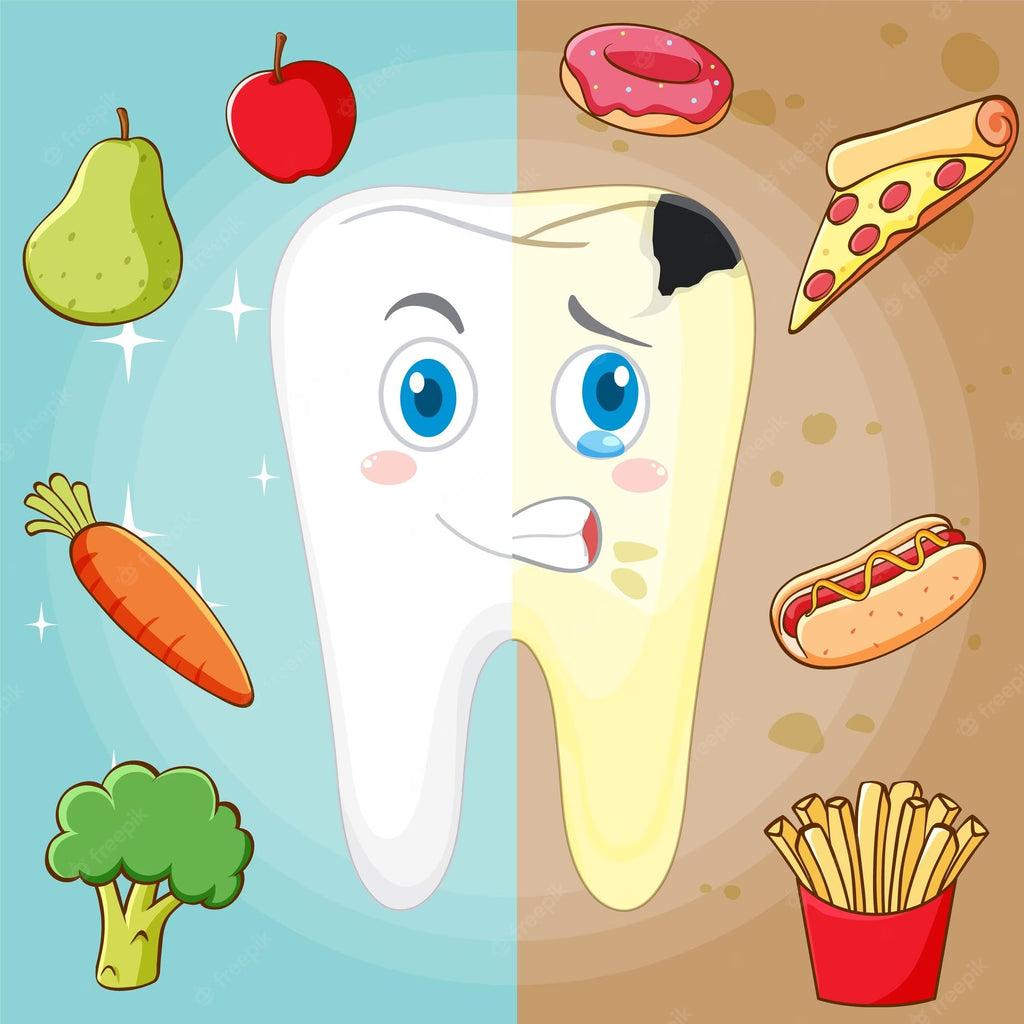
Crucial Connection Between Nutrition and Oral Health: Guide for Better Dental Care
As a dental health professional, we understand the importance of maintaining good oral hygiene to prevent cavities and gum disease. Brushing twice a day and flossing daily are essential habits, but did you know that nutrition also plays a crucial role in keeping your mouth healthy? In this article, we will explore the connection between nutrition and oral health and how you can make better food choices to support your dental health. How Nutrition Affects Oral Health Your diet can impact your oral health in many ways. A diet high in sugary and acidic foods can increase the risk of tooth decay and gum disease. When you eat sugary foods, the bacteria in your mouth feed on the sugar and...
-
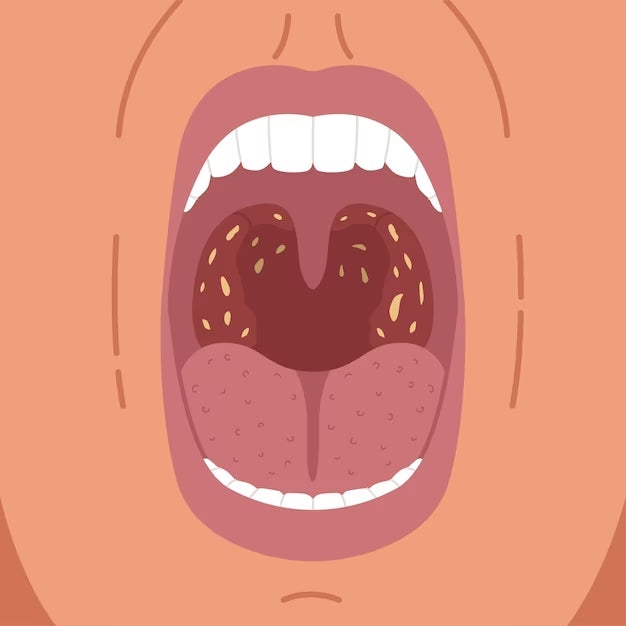
How to Treat Bad Breath Caused by Dry Mouth
Do you ever feel self-conscious about your breath? Do people avoid talking to you because of bad breath? Dry mouth, also known as xerostomia, can cause bad breath and make social interactions uncomfortable. In this article, we will discuss what causes dry mouth, how it leads to bad breath, and what you can do to treat it. Table of Contents What is dry mouth? Causes of dry mouth How dry mouth causes bad breath Signs and symptoms of dry mouth Diagnosis of dry mouth Treating dry mouth Home remedies for dry mouth Professional treatments for dry mouth Tips for maintaining oral hygiene Foods and drinks to avoid with dry mouth Conclusion FAQs What is dry mouth? Dry mouth occurs when...
-
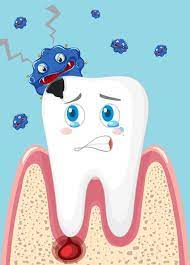
The Relationship Between Diabetes and Gum Disease: Understanding the Link
Diabetes and gum disease are two conditions that may seem unrelated, but research has shown that they are actually closely linked. In fact, individuals with diabetes are more likely to develop gum disease, and those with gum disease are more likely to have difficulty controlling their blood sugar levels. This article will explore the connection between diabetes and gum disease, and provide insights on how you can reduce your risk of developing both. The Relationship Between Diabetes and Gum Disease Diabetes is a condition that affects the body's ability to produce or respond to insulin, a hormone that regulates blood sugar levels. When blood sugar levels are consistently high, it can lead to a range of health complications, including nerve...
